Few stars have experienced a rise as sharp as Gal Gadot‘s.
The DC icon was a relative unknown ahead of her casting in the fourth Fast & Furious movie, and she barely rose in prominence following that 2009 appearance. She was in three more Fast & Furious films before she debuted as DC’s Wonder Woman, and suddenly became a household name. All at once, the world learned who Gal Gadot was with the 2017 release, and she instantly became one of the most in-demand women in Hollywood.
In the years since, Gadot helped keep the DCEU aloft while juggling appearances in a range of high-dollar releases, from 2017’s Justice League to 2018’s Ralph Breaks the Internet and, soon after, her second solo DC flick. A few less-impressive Netflix offerings followed, but Gadot’s mark on Hollywood is already set in stone. All of her projects may not be record-breakers, but she’s still one of Tinseltown’s most-watched stars.
Her popularity on the screen eventually opened doors for Gadot to start her own production company, Pilot Wave Motion Pictures. The relatively fresh-faced company only has a few projects under its belt, the most notable of which is arguably the incoming Cleopatra, which already faces accusations of whitewashing. Those same accusations are sparking a debate among Gadot’s fans, as they discuss what, precisely constitutes whitewashing, and if a Gadot-helmed film falls into that camp.
Where is Gal Gadot from?
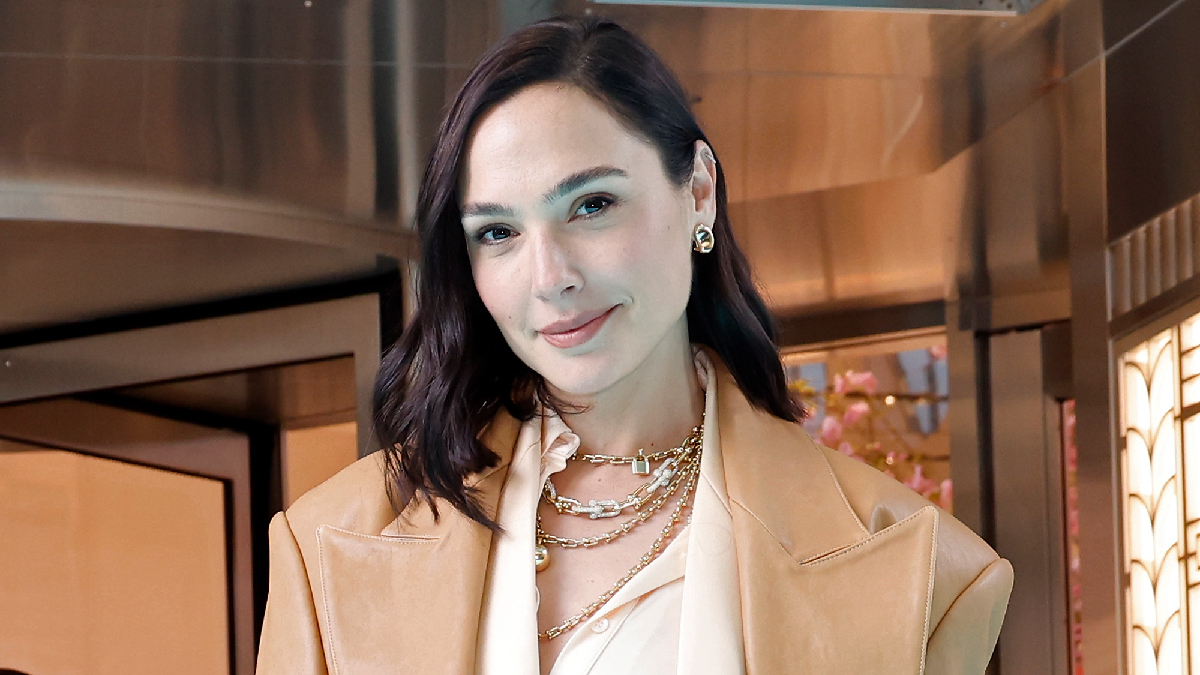
The discussion of background and race is often a fraught one, at least in the U.S., where countless racially motivated crimes (often perpetrated by police) prove that we are far from standing on equal footing in this country. As such, it’s common for backlash to hit films that maneuver a white lead into a traditionally non-white role. Look at the reaction to Scarlett Johansson’s casting in Ghost in the Shell. Her seizure of a role that should have gone to an Asian actress sparked instant backlash, but Johansson still debuted as Motoko Kusanagi with the film’s 2017 release.
These decisions are painfully common in Hollywood and have led to broad distrust from consumers. As such, questions about Gadot’s background — particularly following news that she will play Cleopatra in her production company’s film of the same name — are right on schedule. And, while she isn’t American, she’s certainly not Egyptian either.
Gadot was born in Petah Tikva, a city in western Israel, but grew up in Rosh HaAyin, a less populous city nearby. She lived in the area through the majority of her youth, and — at age 20 — joined the Israel Defense Forces for a two-year stint.
Gal Gadot’s ethnicity
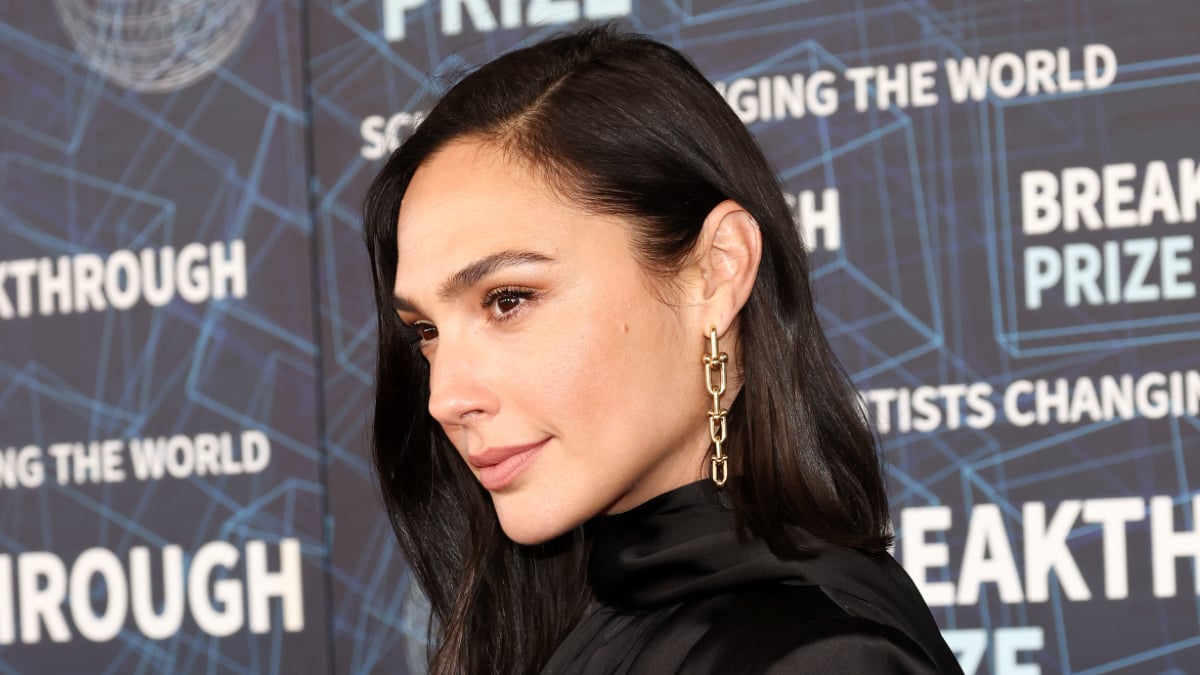
Gadot’s status as a “woman of color” has come under debate several times over the years, and her background is often brought up as a point of proof by either side. Most people don’t consider her to fall under the umbrella, which serves as a big culprit behind the backlash to her casting as Cleopatra. It’s worth noting here that research shows a range of skin colors were common in ancient Egypt, which could make Gadot’s casting less controversial, but the decision to cast an Israeli actress instead of one with an Egyptian background is still questionable.
Gadot is descended from Ashkenazi Jews, with her ancestors boasting roots in the Levant, an area in the Middle East that includes Palestine, Israel, Lebanon, Syria, and Jordan, as well as Southern Europe, with links to Austria, Germany, Poland, and The Czech Republic. Gadot herself has stated that she was raised in a “very Jewish, Israeli family environment,” which makes her the perfect fit for any range of Israeli roles — but perhaps not for history’s most famous Egyptian queen.

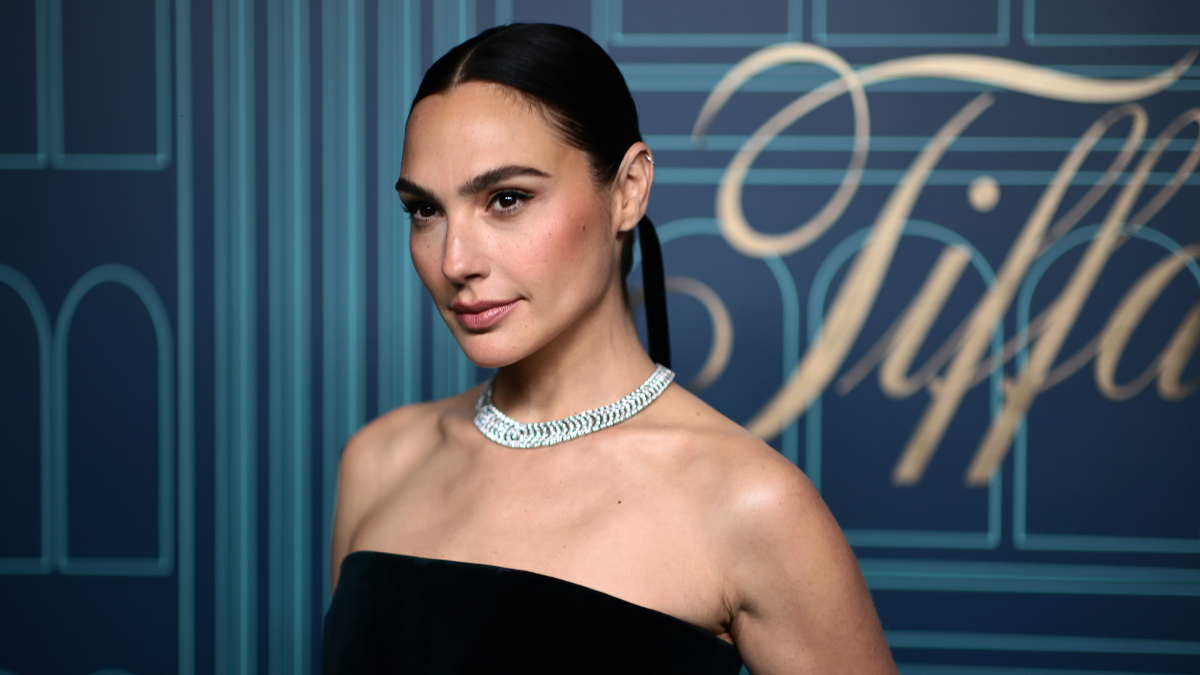
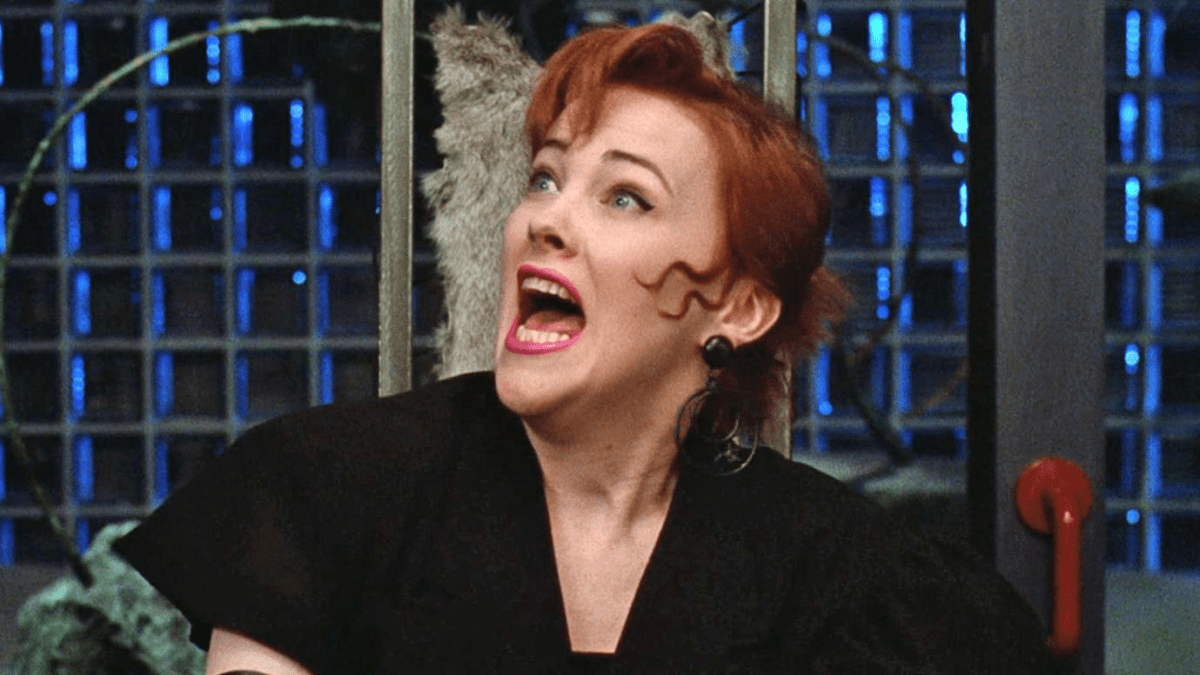


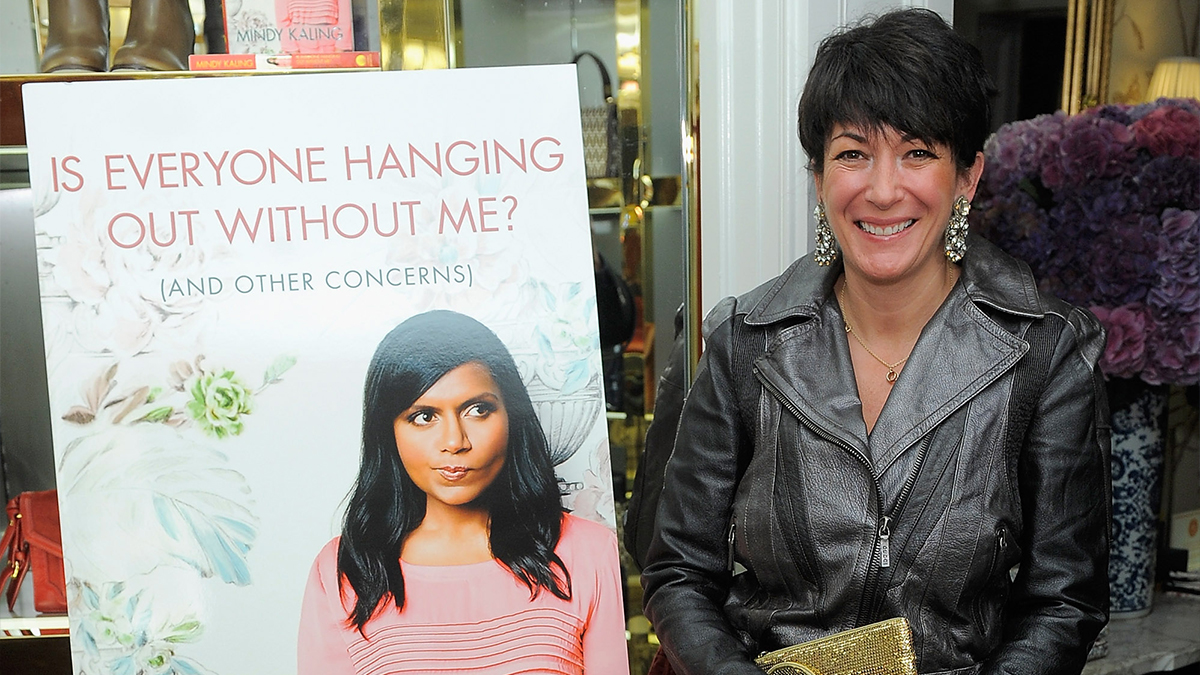
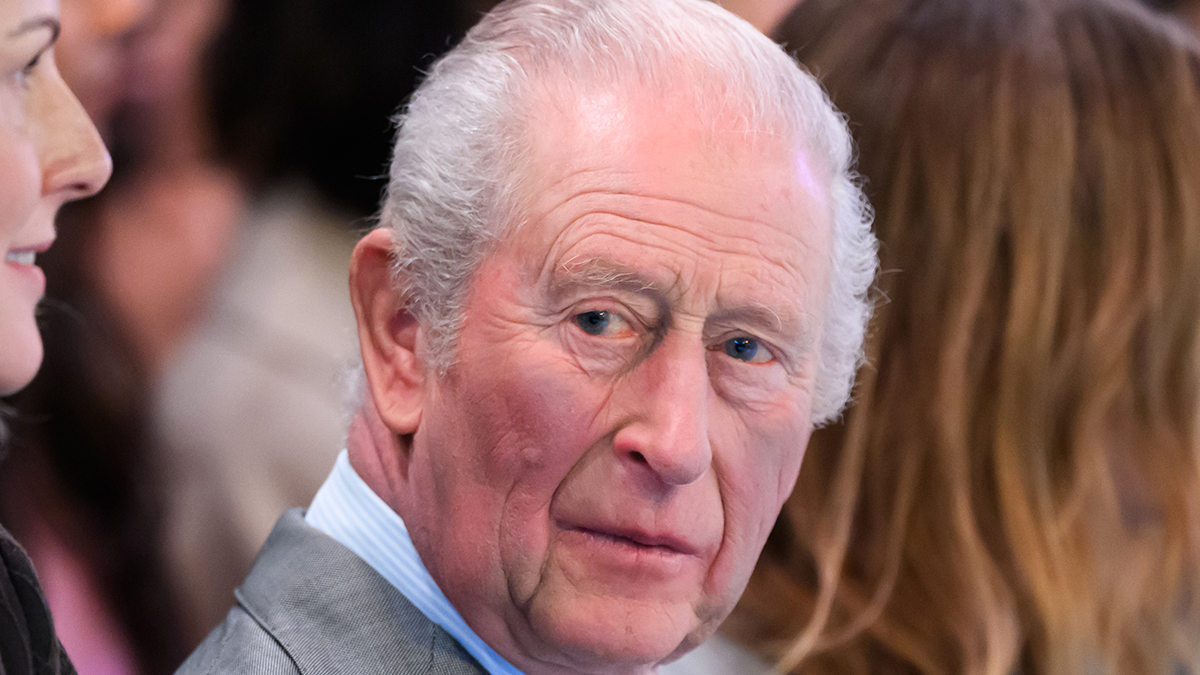
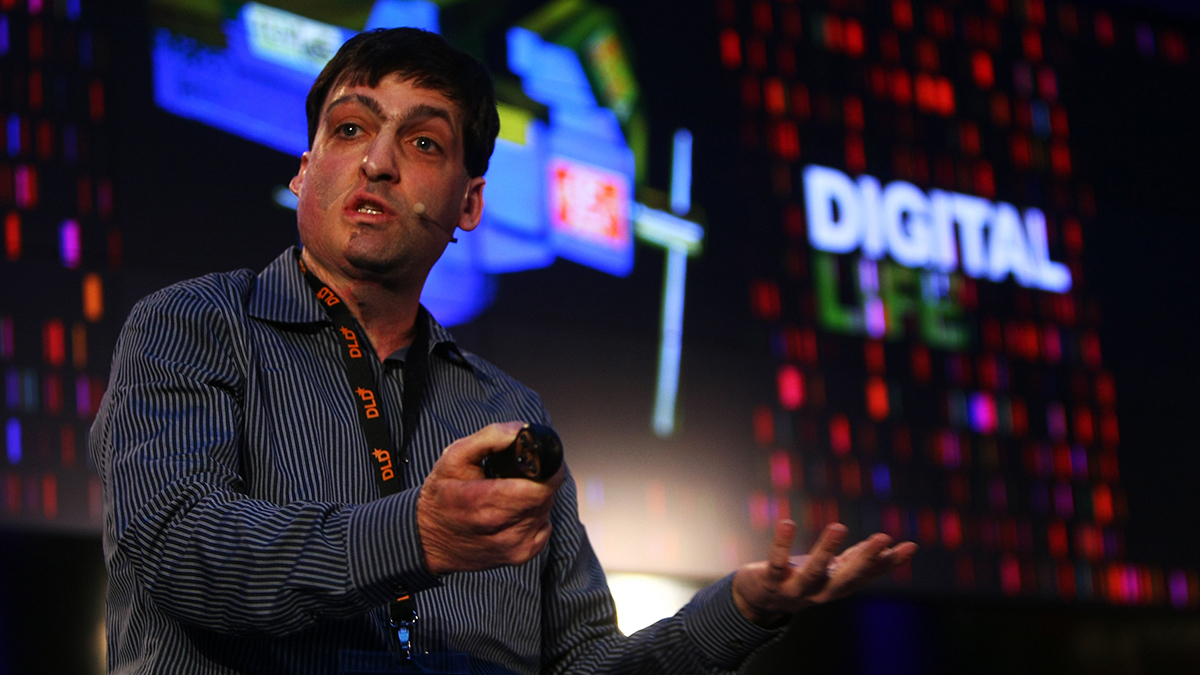

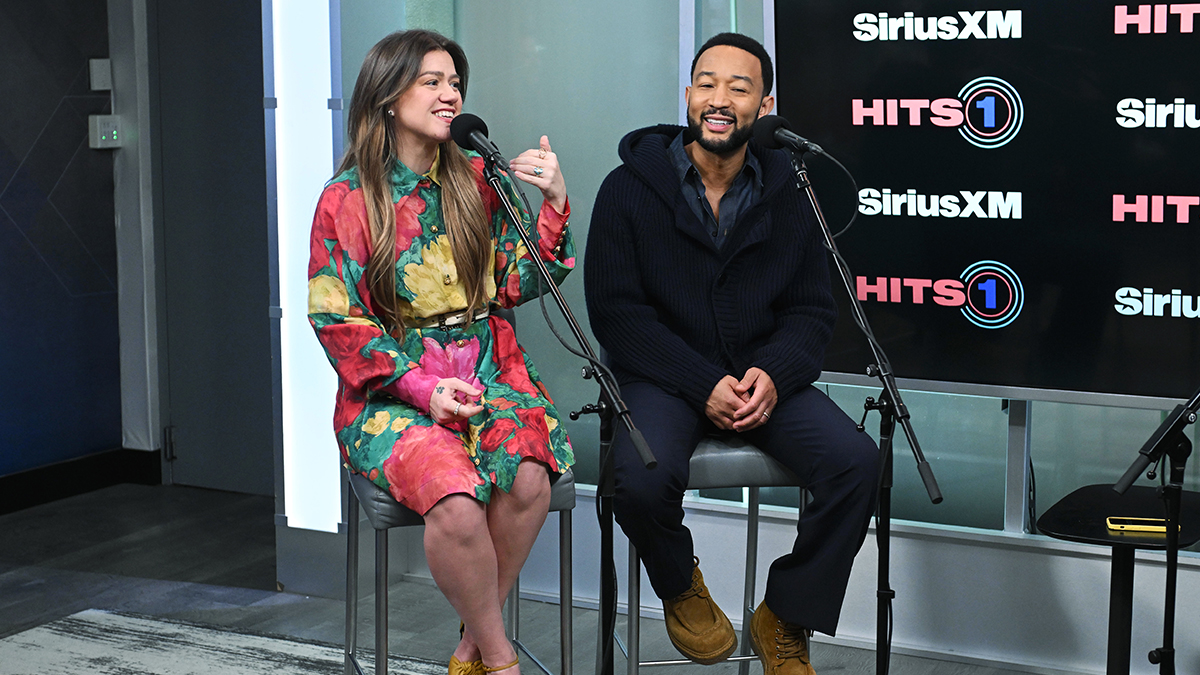

Published: Nov 7, 2023 11:44 am